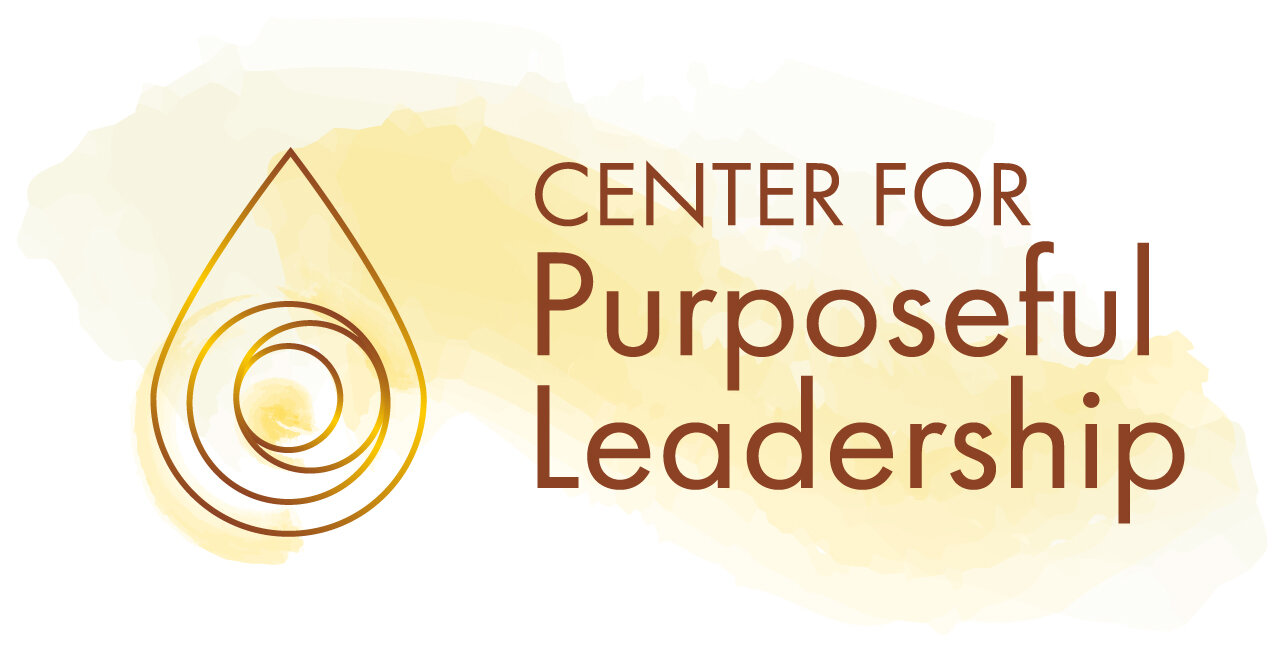The Third Reconstruction: Reflections from 11/29 Essential Conversation
/“The Third Reconstruction: Reconstruct. Rethink. Recalibrate. Redefine”
Edward Dugger III, president of Reinventure Capital and an early pioneer in impact investing, explores the intersection between the venture capital community and racial equity.
Ed is our Conversation Starter for two powerful conversations. [You can read background about Ed and the 11/1 session in the 10/26 blog post below.]
11/1: “The Meritocracy Myth: What happens to a dream deferred?”
11/29: The Third Reconstruction: Reconstruct. Rethink. Recalibrate. Redefine.
On 11/1, Ed knocked our socks off! On 11/29, the impact continued.
The questions that Ed explored created emergence and possibility:
- Who is worthy?
- How do we define worthiness?
- How do we see it, once we define it?
…this idea of worthiness, that struggle we go through as a nation, happens all the time.
So how does how does this relate to reconstruction periods in our country? The history of our nation is the history of our struggle, from generation to generation. To determine who is worthy, is a history of our emancipation of ourselves from the big lie that white folks matter most.
And rebuilding our nation, anew on the foundational belief that black folks, all folks of color matter, just as much. Our original sin: As we think about it as often been stated is was not slavery are rich original sin was white supremacy, and its incorporation, and not only our Constitution. As a matter of fact, a myth, but also as a matter of practice and it in twine itself to the generations in our laws, our way of life, etc.
So our struggle has really been one of extricating/updating ourselves from the residuals of white supremacy inculcated in our way of life, from the very beginning of our nation.
So, The first reconstruction, therefore, was about how we begin this process of extricating from this virus. And so our reverse reconstruction, as I think about it, but did not begin after the Civil War. It actually began almost right after the founding of our nation as those who found objection to what we had constructed began the process of change. That took the form of white abolitionists. It carried itself to an agreement to disagree and their civil war, where this issue was at least temporarily settled by white folks against white folks.
And I stress that because at the end of the day we'll see this through our history. That is that what has changed, black folks and other people who are subjected to these inequities may have been the voice calling for change. But it actually was when white abolitionists and white supremacists decided that they had to settle this issue is when things change.
So, the first reconstruction, the defining moment, from my perspective was not the Civil War, but it really was the Emancipation Proclamation.bIt was when the clarity, that was the clarion call for that period. It was the defining moment because it was the first step toward claiming for people of color, blacks in particular, claiming their worthiness.
That process actually has three pieces. Claiming worthiness on the part of people of color, really was defined by three things:
One, freedom, Physical freedom
Two, social equality.
And three, economic equity.
The first reconstruction dealt with the question of physical, freedom, the Emancipation Proclamation. But it could not stop there. That was an indication of worldliness. It was an important step. But worthy, but freedom, with no social equality and no economic equity, was only a small step.
And so, that first was step taken. We got tired. Even though our history in terms of what we call reconstruction we know what happened after that. And then there was 100 year period during which not much happened in fact things went backwards.
The second reconstruction really began that we call the civil rights movement, really renewed, that clarion call for change. And it was successful in bringing about the second step toward worthiness on the part of folks of color and that was social equity equality. And then we took it we got tired, again, and now we are in the throes, the early stages of what I call the third reconstruction.
And the third reconstruction is the challenge that remains the most difficult one, in fact, is economic equity, because the first two steps that we're taking did not cost, folks, much at all. Economic equity in our equity instead.
There seems to be a cost. And that's why it's been so difficult to achieve. And so, In, now that we're in the third reconstruction, whose goal is to create economic equity. We've had two or three parts so far that have brought us closer to creating a clarion call for that.
One was the killing of George Floyd which resulted in the, what we call a racial reckoning.
The second was the interaction of our capital, which made it very clear that we, in order to have racial equity, we would need to have truth reckoning. And that truth reckoning is that we need to focus on who we are versus who we want to be. And that truth reckoning is as resulted so much change, so far, but it lacks a clarion call.
The clarion call as I mentioned for the first reconstruction, was the Emancipation Proclamation.
In the second I attribute the speech by Martin Luther King, I have a dream as the clarion call for the second reconstruction.
The third reconstruction lacks that call. And so we are at a point of, of, of a great challenge. We have to decide where we're going to go, and the decisions we make today will last for the next generation.
So, I want to end this conversation by saying, or least this part of it by saying, what is the promise of the third reconstruction. And I draw upon a reference to Hemingway, in his book, The Farewell to Arms, and I'm going to paraphrase, a quote that has stayed with me, for most of my life: And that is
““The world breaks everyone and afterward many are strong at the broken places.”
We have an opportunity for the third reconstruction, to face where the white supremacy inculcated our institutions has done to break us. And yet, to grow strong in broken places as a nation.
Langston Hughes: “Harlem” (1951)
Hughes’ iconic short poem explores the lives of the Black community in Harlem, and considers the harm that is caused when the dream of racial equity is continuously delayed. Inspired by blues and jazz music, it poses one of American literature’s most famous questions: what happens to a dream deferred? The theme of mobilizing for equity and the notion of a promise perpetually beyond reach echoes throughout American art and culture, from Broadway to Dr. Martin Luther King Jr.’s speeches. Will the dream one day burst outward, demanding to be recognized and fulfilled?
Final reflections from Ed:
“Thinking of values, and how they relate to worthiness, and how we can begin to separate worthiness out from strictly economic success or ambition. When considering worthiness, maybe, our challenge is really that last question ‘how do we see it?’”
With the killing of George Floyd, there was a lot of conversation going around within corporate executive circles (I sit on the board of the Massachusetts business roundtable of top CEOs in the state).
There was a real sense of, you know, for once, addressing this issue of racial reckoning at the corporate level; when it first started coming out there was a rush to ‘let's focus more on diversity, equity, and inclusion.’ Which, you know, on the face of it sounded like a good thing but I thought it was absolutely wrong thing to do, and I told them, ‘Look, before you rush out and start giving money to focus more on diversity, equity inclusion—you need to pause and you need to take time to learn our history as a country.’
From the perspective of a broader perspective that recognizes, not just who we want to be but who we are, because until we understand our real history, work on it, we're not in a position to really change anything, or have the commitment to change anything. That was my suggestion on how they begin to see things differently.
See the biases inherent, the systemic kinds of issues and biases etc., to give them a new sense of vision and a new perspective that would allow them to really do something so to us and that's really includes all of us because we're normally not whether we're white folks or black folks are brown folks or whatever real really not taught our history.
Shared history: I think the common ground for us to be something different begins with a common understanding of that.”
At CPL, we use the principles of The Art of Convening as a “true north” guide to how we want to BE as humans, seeking authentic engagement and community.





